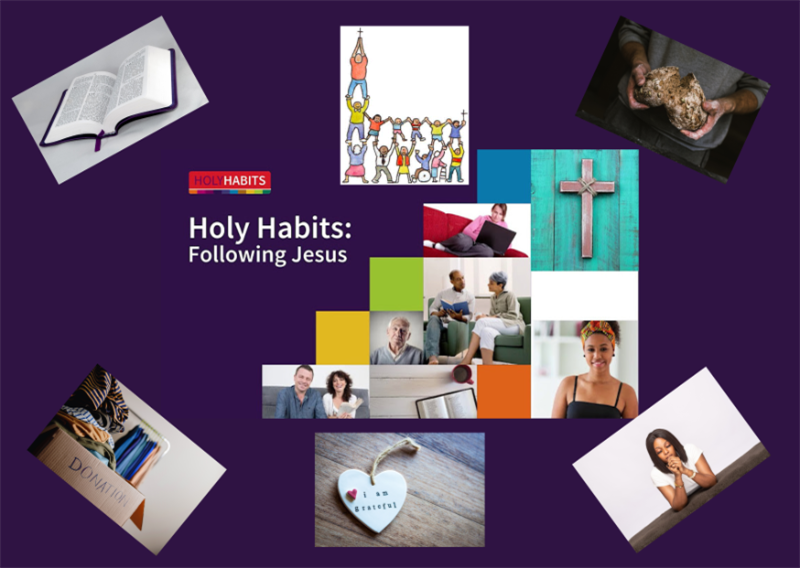15th June 2025

Ordinary Habits that Change the World
I am, in many ways, a creature of habit. I go automatically to the kettle in the morning, and eat the same breakfast every day. Most of the time I dress in a "uniform" of clerical shirt and black jeans. My walks around the parish follow a predictable route - and, because I usually meet all the same people, I suspect I'm not the only creature of habit in Penge!
All of us need habits, because, without them, the volume of choice facing us each day would be overwhelming. Our habits form a safe structure within which we can normally cope with the unexpected things that face us during the day. Our habits - good, bad and indifferent - form and shape us, and may well form and shape our future health and wellbeing.
After the drama of the Day of Pentecost, from verse 42 of Acts chapter 2, a much more domestic scene emerges. The believers "devote themselves" to a series of activities, to building habits that will form and shape their individual and collective lives for years to come: the apostles' teaching, fellowship, breaking bread, prayers, generosity, gratitude, worship...
After the fasting of Lent, the rejoicing of Easter and the excitement of Pentecost, the Church returns to Ordinary Time this week. It's a yearly reminder to me that so much of our discipleship takes place not in the extraordinary but in the mundane - the daily choices that lead to habits that shape our today and form our tomorrow. Discipleship is not just about the "big events"; it's a daily choice. I can choose to get up and pray, or I can choose to stay in bed. I can choose to spend time with God's people, or I can choose to do my own thing. I can choose to "deny myself, take up my cross and follow" Jesus, or I can choose my own way.
In recent years, the Church seems to be rediscovering the importance of these ordinary, quiet activities of the early church - they have been described by BRF (the Bible Reading Fellowship) as "Holy Habits", they are being considered by the Lectio 365 daily podcast as a "blueprint" for living as a disciple. It is said that it takes around 66 days for a new behaviour to become a habit, longer if the new behaviour is trying to undo a previous habit. We have 145 days of Ordinary Time - plenty of time to form at least one new habit, and we will be considering these activities of the early church in this column over the coming weeks.
And if that sounds a bit dull and "churchy", let's remember that, formed and shaped by the habits of teaching, fellowship, breaking of bread, prayers, generosity, gratitude and worship, the disciples went out and, quite literally, changed the world. I wonder what world-changing habit we could develop over the next 145 days?
